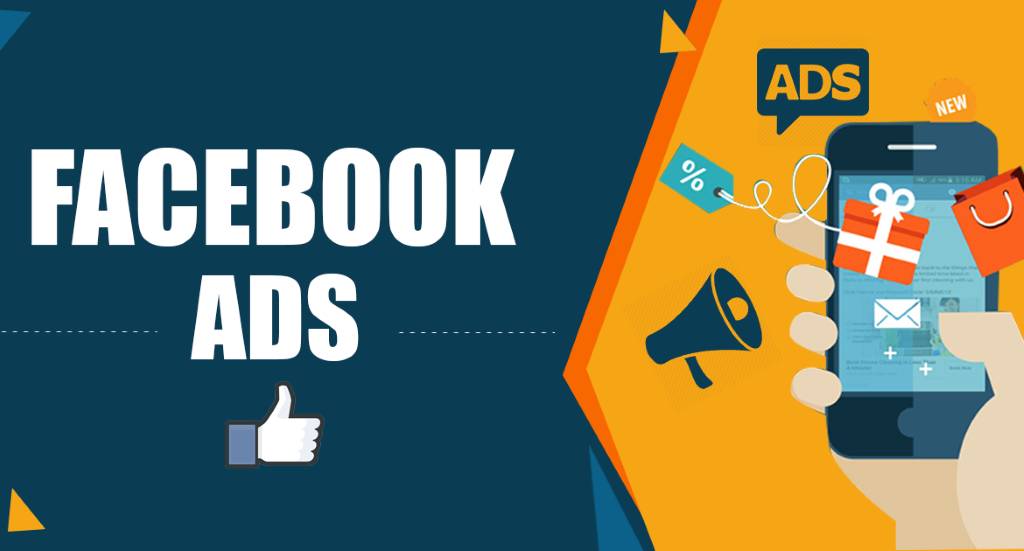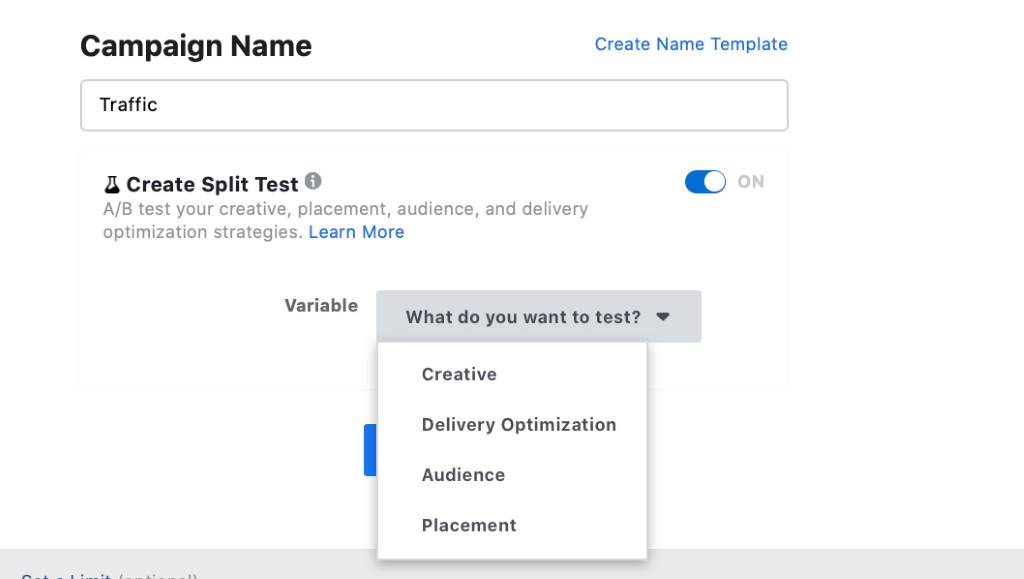Everyone loves to talk about how great Facebook Ads are. With its multi-billion user base, cutting edge ad platform, detailed targeting options, and an extensive list of case studies, Facebook often seems like the place to market online.
But amidst all of the glow, there’s a hard truth: many, if not most businesses, struggle to get good results from Facebook Ads.
That’s not to say that Facebook isn’t a good place to advertise. You can get great results from Facebook Ads. The fact of the matter, though, is that Facebook advertising isn’t as easy or straightforward as it’s cracked up to be.
In their rush to get in on the action, many businesses make key mistakes that doom their campaigns before they even launch. These days, Facebook Ads is so competitive that it’s fairly unforgiving. If you don’t take the time to do things the right way, you can spend a ton of money and get very little in return.
So, if you’re struggling with Facebook Ads, here are 4 common problems I frequently see that can set your campaigns up for failure.

1. Failing to test your campaigns
Launching a Facebook Ads campaign is easy. In fact, it’s so easy that you can start paying for ads almost without realizing it.
Facebook makes the whole campaign creation process so simple and intuitive that it feels like “plug and play” advertising. You set up your account, start running ads and watch the leads and sales come in.
Unfortunately, this whole process is a bit deceiving. While it certainly is easy to set up a campaign, nailing down your strategy, messaging, and targeting can take a lot of work. If you think you’ll get great results the first time around, you’re going to be disappointed.
The only real way to know what works and what doesn’t is to test everything. It means more work, to be sure, but Facebook actually makes it fairly easy to split test a variety of different aspects of your campaigns.

Every part of your campaigns – from Creative to Placements – has an effect on the profitability and sustainability of your campaigns. You can learn a lot about your audience and what messaging they respond to through creative testing, and then use your optimized creative to refine your delivery, audiences and placement.
But, you can only do all of that if you’re actively, regularly running split tests.
Too often, advertisers throw up a campaign that is little more than guesswork and assume that Facebook’s algorithms will get them the sales they need. Once they’re making money, they’ll use testing to optimize their campaigns in pursuit of even better results.
Unfortunately, it rarely works out that way. Effective Facebook advertising is the result of a calculated, deliberate testing strategy. If you aren’t testing your way to success from the beginning, you may never figure out how to make Facebook Ads work for your business.
2. Highlighting the wrong values
As we just discussed, it can be hard to predict exactly what your audience will respond well to. For your ads to succeed, you need to nail your messaging and ad design.
Unfortunately, many businesses don’t really understand why their customers convert. They think they understand their value proposition, but they’re focused on what they value—not what their customers value.
To make matters worse, even when you get your value proposition right, it can be hard to figure out how to communicate it effectively to your audience.
So, as you test your ad creative, make sure that you understand what your core value proposition really is. Then, every time you create an ad, take a step back and ask yourself, “Is my value proposition clear? What would someone who knows nothing about my business take away from this ad?” If you’re not satisfied with your answers, go back to the drawing board.
3. Targeting small audiences
As a general rule, the more specific you can get with your marketing, the more effective it will be. And, the more narrow your target audience, the easier it is to get specific with your marketing.
As a result, it seems like Facebook’s targeting options would make Facebook Ads the ideal marketing platform. With the ability to get this granular, how could your campaigns fail?
However, there’s a problem with getting overly specific with your targeting. Facebook Ads is primarily an awareness-generating platform. Not many people hop on Facebook in search of a place to eat, get their car repaired, or buy toilet paper.
What does that mean for your marketing? Well, no matter how specific your targeting is, only a small percentage of your audience will respond to your ads. When you’re dealing with upper-funnel advertising, it’s all about the numbers, and when your audience is too niche, the numbers are not on your side.
This is especially true when you’re first starting out on Facebook Ads. There are a lot of unknowns and if you get overly specific with your audience—especially while testing your messaging—you can sabotage your campaigns without meaning to.
4. Focusing on short-term results
Far too many advertisers think that Facebook Ads is a direct-response marketing channel. People will see their ads, click and convert. While this might be the case for certain businesses (especially e-commerce businesses selling impulse-buy products), for most companies, things are rarely that simple.
As mentioned in the last section, Facebook is a fairly low-intent marketing channel. People visit Facebook to socialize – not to buy things.
So, when it comes to your campaigns, you have to assume that almost no one who sees an ad from your business on Facebook is going to click and/or convert the first time around. They’re discovering your business and what you’re offering, so it’s going to take some time for them to warm up to the idea of converting.
With that in mind, your ads need to meet your audience where they’re at. Rather than pushing them hard to convert the first time they notice your ad, you’ll want to create a variety of ads that build familiarity and nudge people through your funnel.
Conclusion
While the Facebook Ads interface is simple and intuitive, getting good results from your Facebook campaigns takes a lot of effort. That’s why so many businesses struggle with Facebook Ads—even when their business is a great fit for the platform.
The problems we’ve discussed in this article are very common, but they’re also fairly easy to solve. All you have to do is put in the necessary time and effort to test your campaigns, figure out how to effectively communicate your value proposition, find an adequately-sized audience to target and focus on driving long-term results.
From: Search Engine Land



